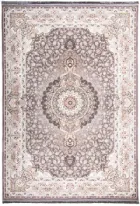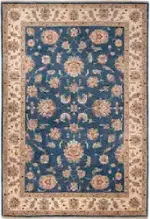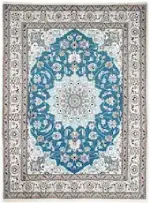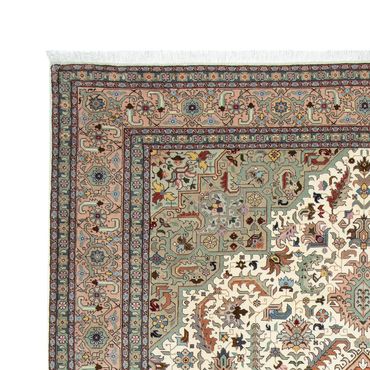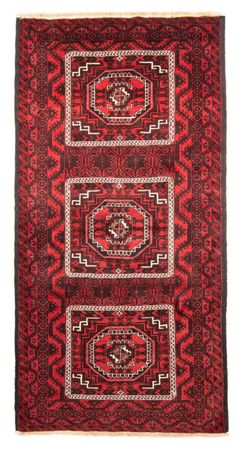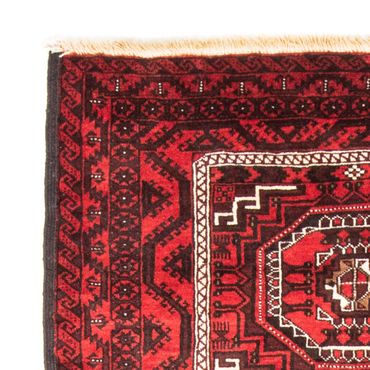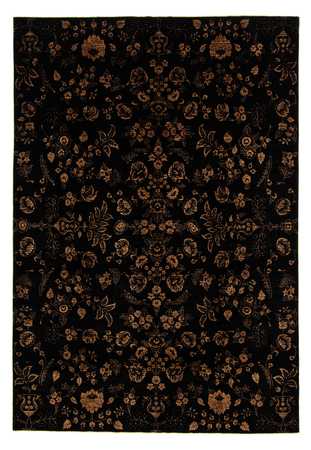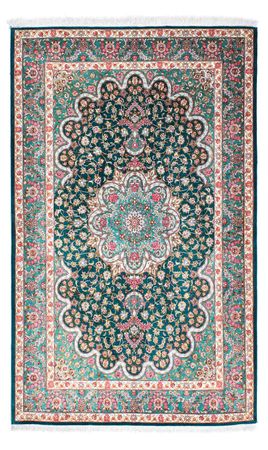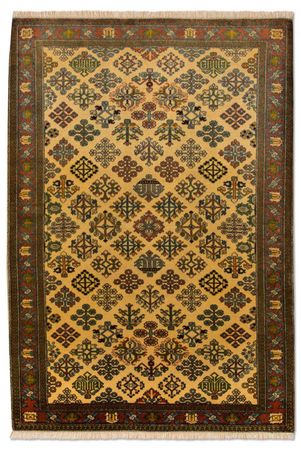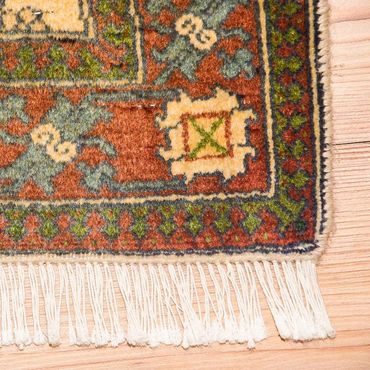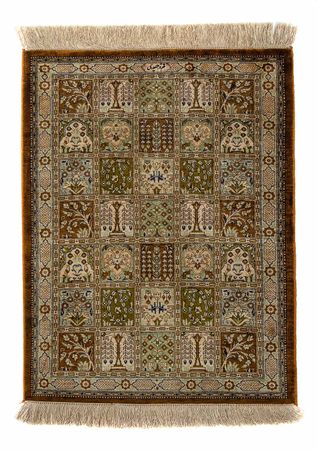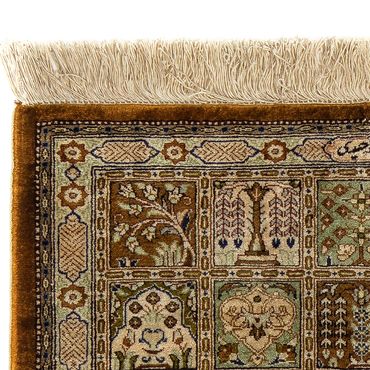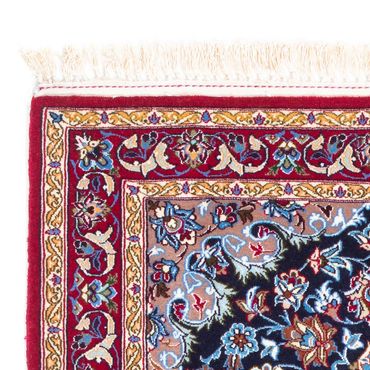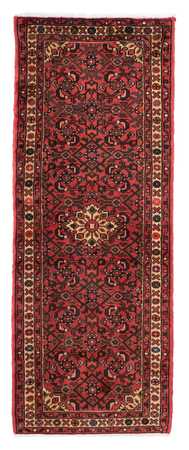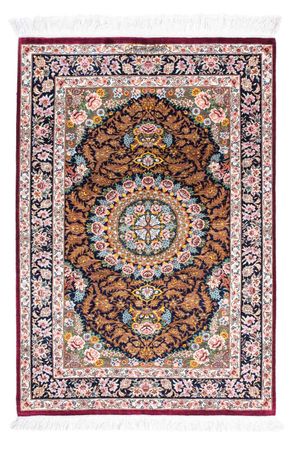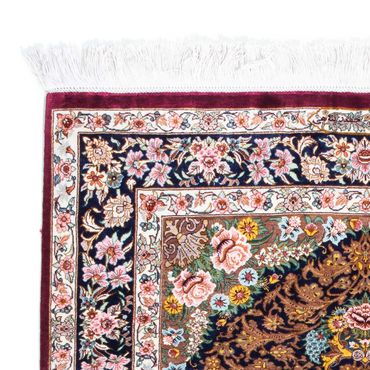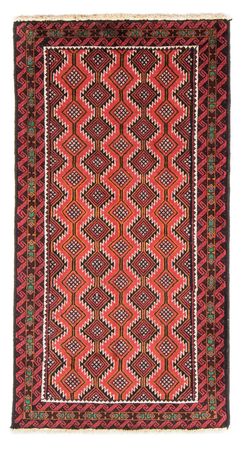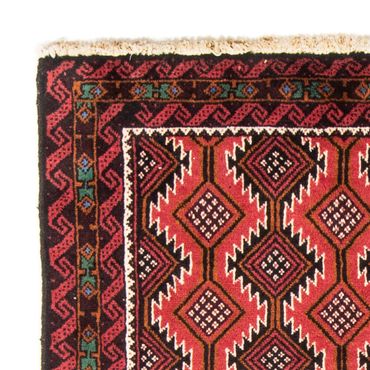- Perser Rug - Ghom -
149 x 1024,141 £7,991 £
- Perser Rug - Bidjar -
296 x 2045,264 £
-
- Vintage Rug -
392 x 2943,671 £
-
- Ziegler Rug -
381 x 2946,881 £
-
- Perser Rug - Ghom -
163 x 1004,672 £
-
- Perser Rug - Classic -
250 x 1714,049 £
-
- Turkaman Rug -
157 x 100341 £
-
- Perser Rug - Ghom -
73 x 551,546 £
-
- Oriental Rug - Sarai2,018 £
3,641 £
-
- Perser Rug - Nain - Premium -
178 x 1202,709 £4,925 £
-
- Perser Rug - Royal -
398 x 29210,424 £19,872 £
-
- Perser Rug - Classic -
190 x 1481,307 £
-
- Perser Rug - Ghom -
119 x 792,970 £5,423 £
-
- Perser Rug - Classic -
340 x 2504,871 £
-
- Perser Rug - Ghom -
148 x 1003,610 £6,733 £
-
Oriental Rugs: A Timeless Blend of Art and History
Are you fascinated by the exquisite beauty of Oriental rugs? These luxurious floor coverings are more than just decorations; they tell a story steeped in history and craftsmanship. In this article, we will delve into the world of Oriental rugs, exploring their rich heritage, various types, characteristics, and essential considerations for choosing, maintaining, and appreciating these remarkable pieces of art.
1. History of Oriental Rugs
Oriental rugs have a long and captivating history that dates back thousands of years. The art of rug weaving originated in ancient civilizations, where skilled artisans handcrafted rugs using traditional techniques. The Persian Empire, renowned for its opulent rugs, played a pivotal role in popularizing the art form. Over time, different regions developed their distinctive rug styles, such as Turkish rugs, Afghan rugs, and more.
2. Types of Oriental Rugs
When it comes to Oriental rugs, there is a vast array of options available, each with its unique charm and cultural significance.
2.1. Persian Rugs
Persian rugs, also known as Iranian rugs, are synonymous with elegance and sophistication. Renowned for their intricate designs and fine craftsmanship, Persian rugs showcase the artistry and cultural heritage of Iran. They are often made from high-quality materials like wool, silk, or a combination of both.
2.2. Turkish Rugs
Turkish rugs, with their vibrant colors and geometric patterns, are a testament to Turkey's rich rug-making tradition. These rugs are handwoven using the Turkish knotting technique, resulting in durable and visually captivating creations. Turkish rugs come in various styles, such as Anatolian rugs, Kilims, and Oushak rugs.
2.3. Afghan Rugs
Afghan rugs, originating from Afghanistan, display a distinctive tribal charm. They are characterized by bold geometric patterns and deep, earthy colors. Afghan rugs are predominantly woven with wool and are known for their durability and rugged beauty.
3. Characteristics of Oriental Rugs
To truly appreciate Oriental rugs, it is essential to understand their unique characteristics that set them apart from other types of rugs.
3.1. Materials Used
Oriental rugs are primarily crafted using natural materials such as wool, silk, and cotton. These materials contribute to the rugs' longevity, softness, and ability to age gracefully over time. The use of natural dyes further enhances the rugs' rich and vibrant colors.
3.2. Designs and Patterns
One of the most captivating aspects of Oriental rugs is their intricate designs and patterns. From floral motifs to geometric shapes, each rug tells a story through its carefully hand-woven symbols. The designs often reflect the cultural heritage, beliefs, and traditions of the region where the rug originates.
3.3. Knotting Techniques
The knotting technique employed during the weaving process plays a crucial role in the rug's overall quality. Oriental rugs are typically woven using either the Persian knot or the Turkish knot. The density and precision of the knots determine the level of detail and intricacy in the rug's design.
4. Choosing the Right Oriental Rug
Selecting the perfect Oriental rug for your space can be a delightful experience. Consider the following factors to make an informed decision:
4.1. Room Considerations
The function and ambiance of the room should guide your choice of an Oriental rug. For instance, a living room might benefit from a larger, more ornate rug, while a bedroom could benefit from a softer, more intimate design.
4.2. Rug Size and Shape
It's crucial to choose a rug size and shape that complements the room's dimensions and furniture layout. A well-proportioned rug can anchor the space and tie the various elements together harmoniously.
4.3. Color and Design
The color and design of the Oriental rug should harmonize with the room's existing décor. Consider whether you prefer a rug that blends seamlessly or one that serves as a bold focal point.
5. Care and Maintenance of Oriental Rugs
Proper care and maintenance are vital to ensure the longevity and beauty of your Oriental rug.
5.1. Regular Cleaning
Regularly vacuuming your rug helps remove loose dirt and prevent it from embedding deep within the fibers. It's essential to use a vacuum cleaner with a brushless suction head to avoid damaging the delicate rug.
5.2. Professional Cleaning
Periodically, your Oriental rug may require professional cleaning to remove deep-seated dirt and stains. Engage the services of a reputable rug cleaning specialist who understands the unique cleaning requirements of Oriental rugs.
5.3. Preventive Measures
To protect your Oriental rug from excessive wear and tear, consider using rug pads, rotating the rug periodically to ensure even exposure to sunlight, and avoiding placing heavy furniture directly on the rug.
6. Investing in Oriental Rugs
Oriental rugs not only add beauty and character to your home but can also be a valuable investment. Fine Oriental rugs, especially rare or antique pieces, have the potential to appreciate in value over time. However, it's essential to conduct thorough research and seek expert advice when considering rug investments.
7. Oriental Rugs as Cultural Artifacts
Beyond their aesthetic appeal, Oriental rugs hold cultural significance and serve as tangible artifacts of a region's history and traditions. Owning an Oriental rug allows you to connect with different cultures and appreciate the skilled craftsmanship passed down through generations.
Conclusion
Oriental rugs are more than just floor coverings; they are works of art that encapsulate centuries of tradition and craftsmanship. The history, diverse types, unique characteristics, and care considerations explored in this article demonstrate the beauty and cultural significance of Oriental rugs. By investing in an Oriental rug and caring for it properly, you can enjoy its beauty and heritage for generations to come.
FAQs
Are Oriental rugs suitable for high-traffic areas? Oriental rugs are generally durable, but it's best to avoid placing them in high-traffic areas to prevent excessive wear and tear.
How often should I have my Oriental rug professionally cleaned? It is recommended to have your Oriental rug professionally cleaned every 1-3 years, depending on usage and soiling.
Can Oriental rugs be used in modern interior design? Absolutely! Oriental rugs can add a touch of timeless elegance and cultural charm to modern interior spaces.
What makes Oriental rugs unique compared to other rugs? Oriental rugs are distinguished by their intricate designs, handcrafted quality, and cultural significance, making them truly one-of-a-kind.
Where can I purchase authentic Oriental rugs? You can find authentic Oriental rugs at reputable rug dealers, specialized rug stores, or online platforms that specialize in handmade rugs.


